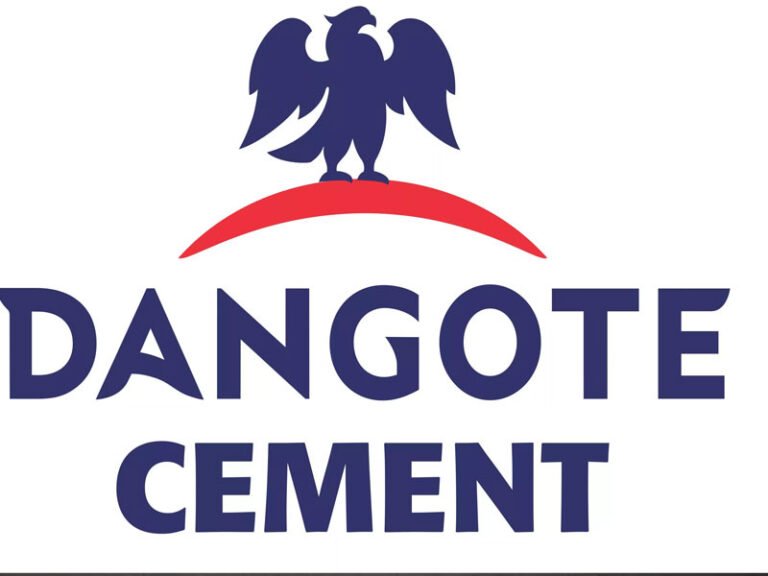Oil prices declined on Thursday as investors weighed the impact of a possible OPEC+ production increase, renewed nuclear diplomacy between the US and Iran, and escalating concerns about US trade policy. Brent crude, the global oil benchmark, slipped by 0.21% to $68.41 per barrel, while US West Texas Intermediate (WTI) fell 0.12% to $66.24.
The modest slide in prices reflects growing optimism over de-escalation in the Middle East after signs emerged of direct nuclear dialogue between Washington and Tehran. Iran’s recommitment to the Nuclear Non-Proliferation Treaty (NPT) and its Safeguards Agreement has helped ease supply disruption fears tied to geopolitical tensions.
Meanwhile, oil market sentiment remains bearish as traders anticipate an increase in supply from the OPEC+ alliance. The group, comprising major oil producers such as Saudi Arabia, Russia, Iraq, and the UAE, is expected to finalize new production levels at a scheduled meeting on Sunday.
OPEC+ began phasing out voluntary output cuts in April, followed by increases in May, June, and July and is now poised to implement a fifth straight hike in August. The expected production boost is exerting further downward pressure on global oil prices as markets brace for increased supply.
Market caution is also fueled by rising uncertainty over the US trade landscape under Trump’s administration. The president announced plans to send letters detailing country-specific tariff rates, between 20% to 70%, as the July 9 deadline for the next round of tariffs looms.
These developments, ranging from geopolitical de-escalation to trade protectionism, are shaping oil market dynamics, keeping volatility elevated and investor sentiment on edge. As OPEC+ prepares for its next move and nuclear diplomacy gains traction, oil prices are set to remain sensitive to both supply-side decisions and diplomatic headlines.






















